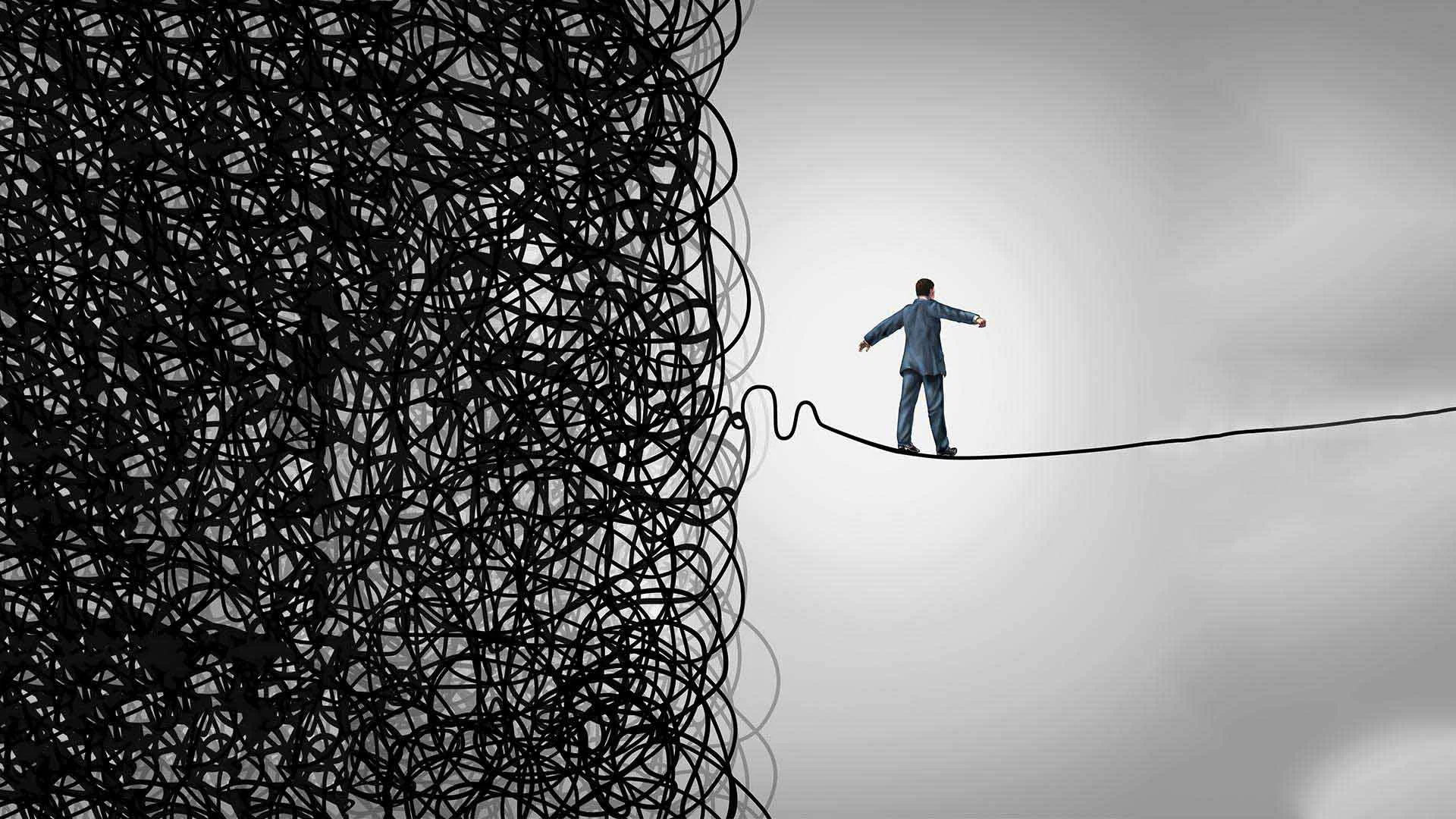We read and we write. We read the world and at times we write upon it. In order to write effectively we must learn to read well. It is impossible to write without reading first.
Great writers are effectively great readers. To read teaches one to write. In a broad sense, we are all readers and we are all writers. A baby swiftly learns to read the surrounding world and begins to write back. The human mind is tuned to detect patterns. In “writing back,” the mind attempts to craft ordered narratives out of random input. The brain circuitry pores over incoming information, filters for patterns, and arranges those patterns into narratives, into stories. This inborn appetite for meaningful patterns translates into a hunger for stories.
Reading is a lifelong study. The “literature” of the world is vast and unendingly rich, a sea of multitudinous differences. To mature is to refine one’s relation to the world through the increasing ability to read creatively. The challenge is to stay fresh to the world, to continue to find novelty in one’s surroundings, even as the years accumulate and perception tends to surrender to the assumptions about what and how “things” are.
The essential tools for reading are a combination of focus and awareness. The two are not identical. Focus is a consciously directed attention. Awareness is a wider, spongier cognizance. If we are too focused, we miss out on the general letting go, the allowing for the random, for the undigested bits to flow, we miss out on a chunk of the creative process.
Reading and writing is a joint effort that has consequences. When art is effective the receiver’s world expands to meet the initiator, let’s say the writer, and in that very interaction, the world is altered chemically just a bit.
An actor writes upon the stage with his or her body and voice based upon what she or he is reading in the moment. The actor reads the present circumstance, reads the room, takes the temperature of the audience’s listening and makes instantaneous decisions about how to write. The audience reads what the actor writes in the moment of the writing. They collaborate in the creation of the theatrical event.
An actor makes impressions upon the bodies and the sensibilities of the audience. The voice is also a kind of pointed massage for the audience. An actor makes impressions, vocally, but also in movement, in action, in time, in space, in stops. The actor attracts an audience, syncs them up mentally and emotionally, and exposes them all to the same message.
When an actor makes a clear stop on the stage, this feels like a period in the audience’s experience. The audience sees or reads the actors impressions upon space and time. An actor must learn to read. Not only read the play but also to read the architecture, the actions of other actors, to read the reception of the audience.
In the theater, between audiences and actors, reading and writing is a joint effort.
Jonathan Franzen, in his new book of essays entitled Farther Away, describes his realization that in order to write the kind of book that he dreamed of writing but felt incapable of doing, he would have to become a different kind of writer and in order to do that he would have to become a different kind of person.
If we engage deeply enough in the experience, reading the writing of others can alter us profoundly. I believe that we can become “a different kind of person” via powerful writing. Whether paintings, mathematical formulas, great literature or events that incorporate issues of time and duration such as music, dance and theater, we are offered opportunities for transformation through our imaginative engagement with art.
To become the agent of the artistic experience, to become the writer we might indeed want to become, learn to communicate with clarity and power, demands a lifetime of transformative reading.



Recent Comments